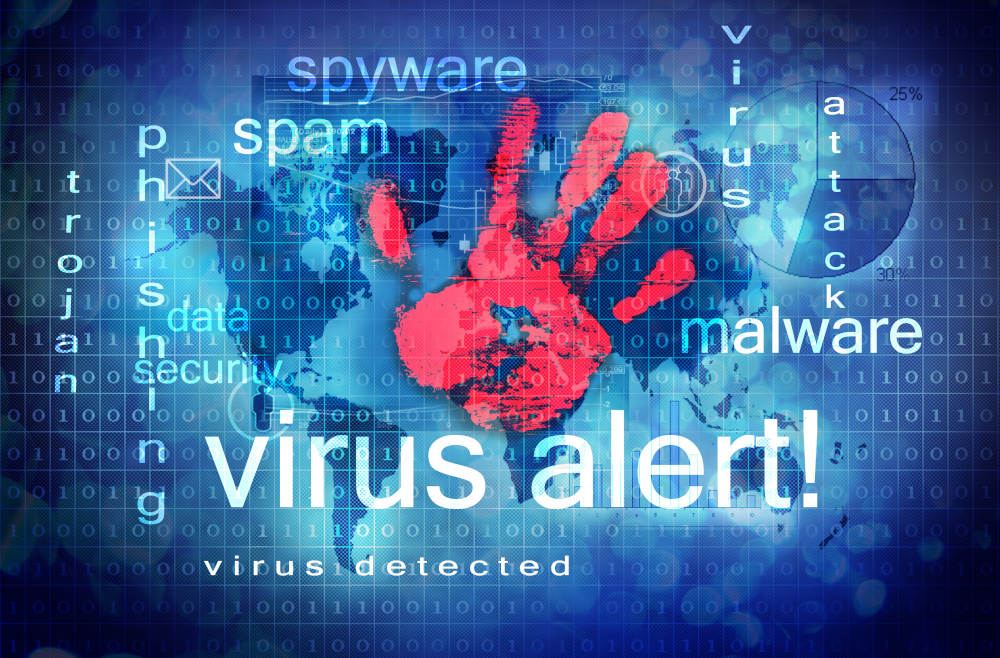Ransomware attacks, one of the latest trends in cybercrime, are not subtle at all. Hackers who intrude upon networks for the purpose of infecting them with ransomware make it a point of letting their victims know that their data has been compromised and that it could be destroyed unless a ransom payment is made.
[su_note note_color=”#F4f4f4″]Most cybercrime attacks are designed to be surreptitious. Ransomware is an exception based on what the hackers intend to achieve; in fact, a new ransomware strain detected by computer security researchers in late March actually used Star Trek imagery as part of the ransom message. Aside from ransomware, website defacement, hacktivism, and cyber vandalism, malicious cyber attacks are meant to be silent.[/su_note]
When your antivirus program notifies you that a threat has been neutralized, this means that a cybercrime incident was averted. Hackers are constantly working on ways to circumvent detection; if a computer virus or some other malware infects your system, you should not automatically assume that your antivirus has failed you. In many cases, the attack may have originated externally, or a change in your device’s configuration may be to blame. With this in mind, here are some red flags that may indicate a cyber attack:
Strange Purchase Transactions
Hackers are increasing their attacks on networks where they can access personal financial records; some examples include banks and online retail stores. If you receive an email notification alerting of a credit or debit card purchase that you did not make, this could be a sign of an external attack.
Your System Drastically Slows Down
Cryptocurrency miner attacks are on the rise; cybercrime groups have been infecting systems with malware designed to take advantage of computing and broadband resources for the purpose of mining digital currencies such as Monero, Dash, Ripple, and Bitcoin. If your Windows 10 Task Manager shows that CPU utilization is at more than 50 percent when you do not have any programs running, there is a chance that a malicious process could be hijacking system resources to mine cryptocurrency or to spread malware.
Sudden Shutdown or Restart Routines
Personal computing devices can be expected to suddenly shut down or restart from time to time. If this happens once or twice every couple of months, you should not be concerned. If it happens weekly or daily, this could be mean that malware is taking over your system.
[su_note note_color=”#F4f4f4″]If you notice any of the red flags listed herein, there is a chance that your system or online accounts have been compromised. Contact the security technicians at A Plus Computers in Apple Valley to learn more about keeping your computing devices safe.[/su_note]














